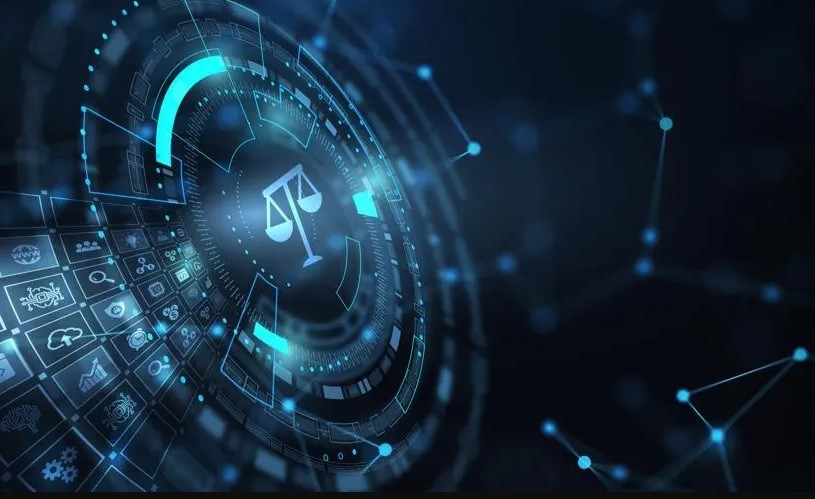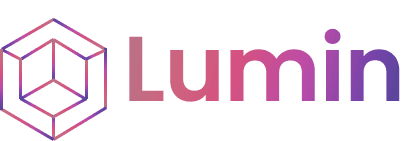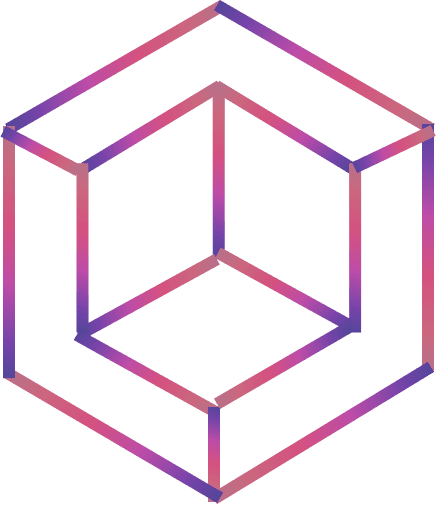

25 October 2023
Decentralized Governance
Decentralized Governance
In the ever-evolving landscape of blockchain technology, the concept of "Decentralized Governance" stands as a beacon, reshaping the way decisions are made within decentralized ecosystems. The journey into this paradigm begins with a fundamental shift from traditional centralized governance models, where authority resides in a single entity, to a decentralized structure that distributes power among the network's participants.
In the ever-evolving landscape of blockchain technology, the concept of "Decentralized Governance" stands as a beacon, reshaping the way decisions are made within decentralized ecosystems. The journey into this paradigm begins with a fundamental shift from traditional centralized governance models, where authority resides in a single entity, to a decentralized structure that distributes power among the network's participants.
As we navigate the terrain of decentralized governance, the first chapters introduce the core principles that underpin this revolutionary concept. Blockchain networks leverage decentralized autonomous organizations (DAOs) and consensus mechanisms to facilitate collective decision-making. Participants, often token holders, actively contribute to the governance process, proposing and voting on changes that shape the trajectory of the network. This participatory model transforms users from mere stakeholders into active architects of the decentralized future.
As we navigate the terrain of decentralized governance, the first chapters introduce the core principles that underpin this revolutionary concept. Blockchain networks leverage decentralized autonomous organizations (DAOs) and consensus mechanisms to facilitate collective decision-making. Participants, often token holders, actively contribute to the governance process, proposing and voting on changes that shape the trajectory of the network. This participatory model transforms users from mere stakeholders into active architects of the decentralized future.
The exploration delves deeper into the mechanisms employed by decentralized governance frameworks. Smart contracts and blockchain-based protocols automate voting, ensuring transparency and reducing the risk of manipulation. This automation not only enhances efficiency but also fosters a more inclusive and democratic decision-making process. Decentralized governance becomes a mechanism for aligning the interests of the community with the development and evolution of the blockchain network.
The exploration delves deeper into the mechanisms employed by decentralized governance frameworks. Smart contracts and blockchain-based protocols automate voting, ensuring transparency and reducing the risk of manipulation. This automation not only enhances efficiency but also fosters a more inclusive and democratic decision-making process. Decentralized governance becomes a mechanism for aligning the interests of the community with the development and evolution of the blockchain network.
Concluding our journey into decentralized governance, the spotlight turns to the real-world implications of this model. The flexibility and adaptability of decentralized governance make it a powerful tool for blockchain projects seeking to remain resilient and responsive to change. As decentralized ecosystems continue to grow, the chapters of "Decentralized Governance" unfold as a testament to the transformative potential of collective decision-making in shaping the decentralized landscapes of tomorrow.
Concluding our journey into decentralized governance, the spotlight turns to the real-world implications of this model. The flexibility and adaptability of decentralized governance make it a powerful tool for blockchain projects seeking to remain resilient and responsive to change. As decentralized ecosystems continue to grow, the chapters of "Decentralized Governance" unfold as a testament to the transformative potential of collective decision-making in shaping the decentralized landscapes of tomorrow.
Copyright © Lumin Technology Ltd.

